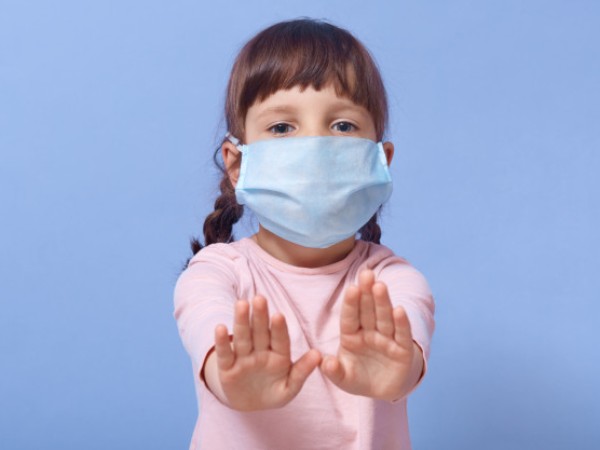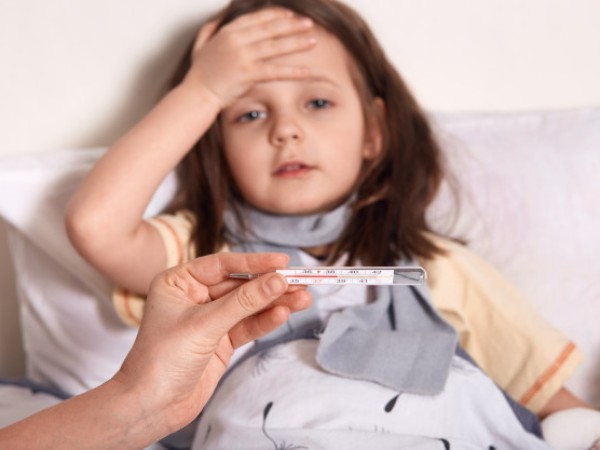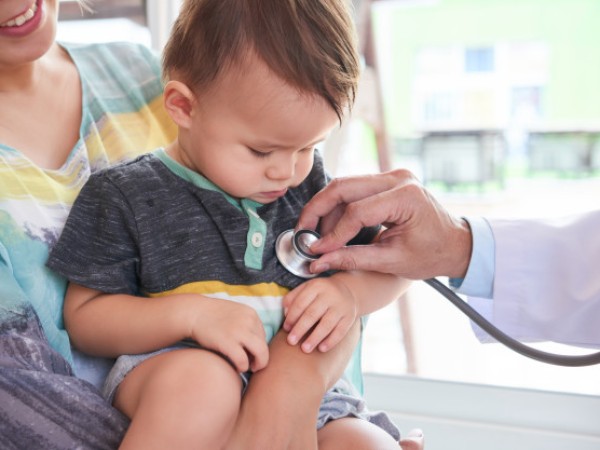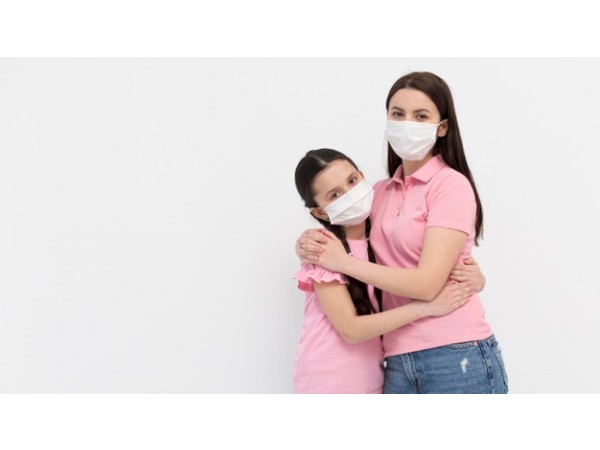Disorders Cure
oi-Amritha K
on July 21, 2020
A recent report from a hospital in Mumbai stated that children who have been admitted with the Covid-19 infection are developing a life-threatening syndrome called pediatric multisystem inflammatory syndrome (PMIS).
The report says that out of the 100 children have been treated for the coronavirus infection, 18 have been diagnosed with the paediatric multisystem inflammatory syndrome (PMIS), and tragically, one of the children has died [1].
Other cases of PMIS has been reported around the world, with the doctors warning the parents to look out for symptoms of this rare syndrome in their kids. The Centers for Disease Control and Prevention (CDC) have confirmed that more than 150 reported cases of PMIS are linked to COVID-19 [2].
 Six Types Of Coronavirus And Its Symptoms
Six Types Of Coronavirus And Its Symptoms
Though data around the globe suggests that children and teenagers are comparatively safe from the coronavirus infection, as they tend not to become severely ill. However, the recent reports raise caution as a significant per cent of children with Covid-19 are developing PMIS.

What Is Paediatric Multisystem Inflammatory Syndrome (PMIS), How Is It Linked To COVID-19?
PMIS, also known as multisystem inflammatory syndrome in children, or MIS-C affects organs and blood vessels [3]. PMIS develops when the blood vessels become inflamed, but the cause behind the condition is not known.
The immune system may cause severe inflammation in some children who are more likely to develop PMIS, based on their genetics. The disease is not contagious, and the symptoms are similar to Kawasaki disease, which also had been linked to Covid-19 [4].
Doctors have asserted that there is a direct link between PMIS and COVID-19 in terms of timing and geographical association. However, as it is an evolving situation, extensive monitoring of the disease is being carried out.
While Covid-19 is a respiratory disease, PMIS affects the organs and blood vessels, especially the ones around the heart and if left untreated, can cause tissue damage, organ failure and even death [5].
The doctors further pointed out that a child, after being exposed to the coronavirus, the symptoms of PMIS develop in some after three to four weeks. The temporal relation between the two disorders, that is, the hypothesised relationship in terms of the time of onset is clear.

What Are The Symptoms Of Paediatric Multisystem Inflammatory Syndrome (PMIS)?
The common symptoms of PMIS are as follows [6]:
- Severe abdominal pain, vomiting or diarrhoea
- Bloodshot eyes
- Skin rash
- Fever that lasts more than five days and gets higher
- Redness or cracking in the lips or tongue
- change in skin colour (pale, patchy or blue)
- Difficulty feeding
- Trouble breathing
- Swollen lymph nodes in the neck
- Chest pain
- Racing heart
- Confusion, irritability or lethargy
- Swelling and redness in the hands and feet
 What Does The Colour Of Your Poop Reveal About Your Health?
What Does The Colour Of Your Poop Reveal About Your Health?

How Is Paediatric Multisystem Inflammatory Syndrome (PMIS) Diagnosed?
For the diagnosis purpose, doctors will collect a detailed history of the child, do a physical exam and blood tests. To get a clearer understanding, an echocardiogram (ultrasound) of the heart may be carried out [7].

How Is Paediatric Multisystem Inflammatory Syndrome (PMIS) Treated?
Doctors are learning about the spectrum of illness and symptoms in PMIS associated with Covid-19. Mild symptoms such as fever, cough or sore throat, can be treated at home with fluids and fever medication [8].
Children with severe PMIS should be hospitalised and may be treated with medications to help manage the blood pressure levels, heart function, or to treat blood clots. If the child has PMIS and Covid-19, they may also need blood products and antiviral therapy [9]. Also, different types of corticosteroids or anti-inflammatory medications are used in the treatment.

On A Final Note…
Most kids, who have been tested Covid-19 positive have not developed PMIS. The doctors ensured that timely treatment could help manage and control the inflammatory syndrome. Majority of patients, even the sickest ones, are responding to treatment and recovering.

Frequently Asked Questions
Q. Is PMIS contagious?
A: No. According to current understanding, PMIS seems to be a post-infectious complication of COVID-19. It develops after several weeks after initial infection and is therefore not contagious.
Q. What causes PMIS?
A: The cause of PMIS is not known, but doctors think it is related to a COVID-19 infection.
GET THE BEST BOLDSKY STORIES!
Allow Notifications
You have already subscribed
Source:










